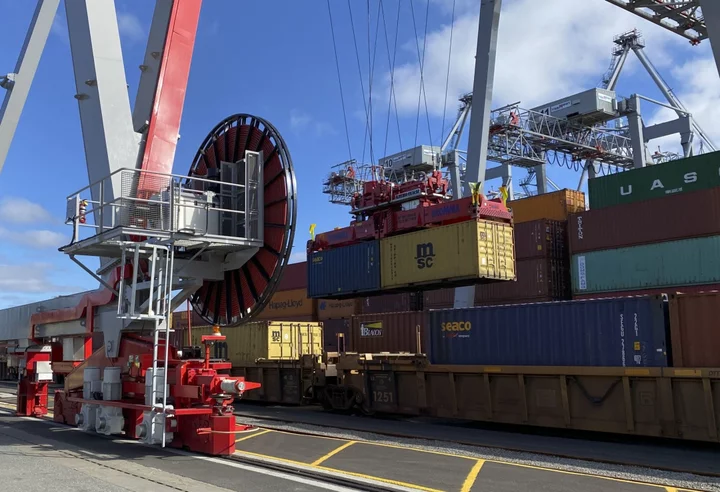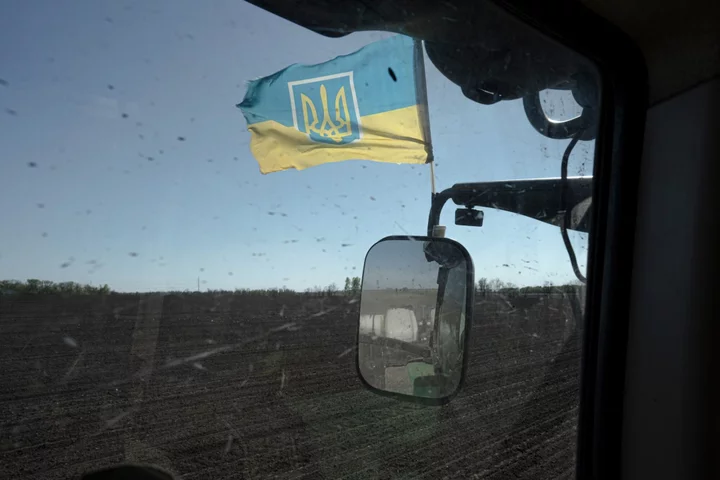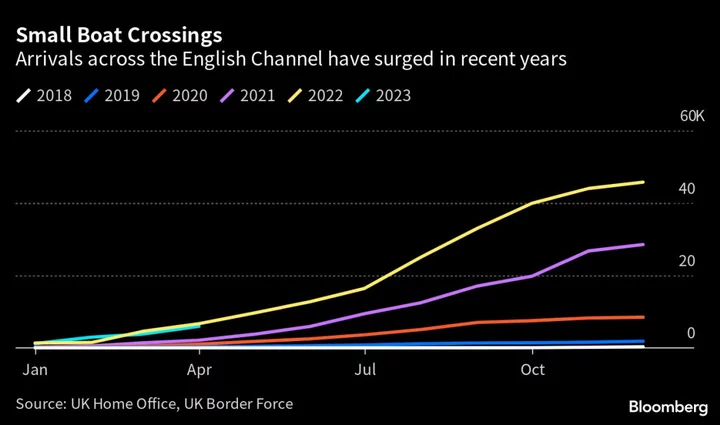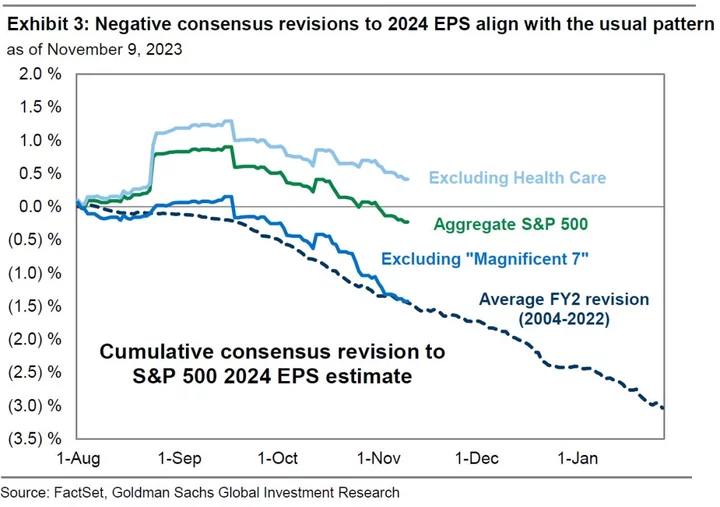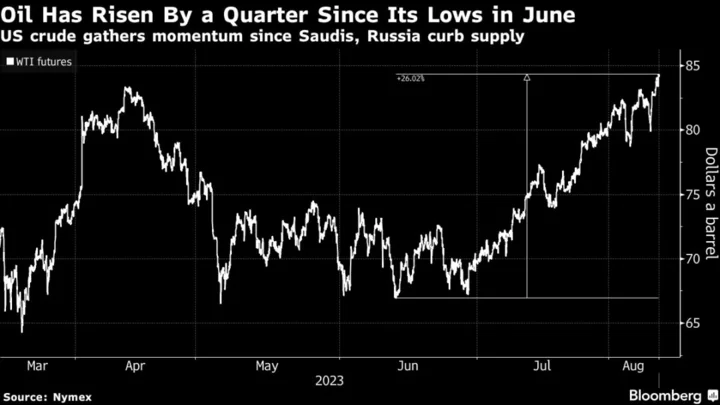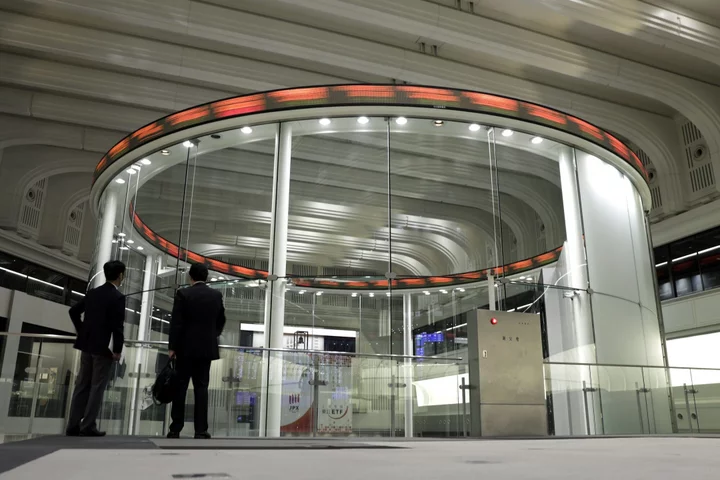Nutrien Ltd. is curtailing production at a Saskatchewan potash mine because of a dockworkers’ strike in Vancouver, the main hub through which it exports the crop input.
The Canadian miner said the strike, lower global potash prices and other factors mean it will fall short of its previous guidance for adjusted earnings before interest, taxes, depreciation and amortization this year.
The labor dispute, which began July 1, has forced Nutrien to cut back production at its Cory mine “and if prolonged could also impact production at our other potash mines in Saskatchewan,” Chief Executive Officer Ken Seitz said in a statement. “We urge the parties in this dispute to come to a swift resolution to prevent further damage to the Canadian economy.”
Government mediators have been trying to find a solution to the dispute.
“The potash curtailment at Nutrien’s Cory mine is an ominous sign for a market where prices have fallen by half since their April 2022 peak,” Alexis Maxwell, an analyst with Bloomberg Intelligence, said in a report.
If the strike extends through the fourth quarter of the year, she said, the curtailment could reduce Nutrien’s earnings before taxes, depreciation and amortization from the potash segment by up to 3%.
But if the strike settles soon, any serious impact on potash prices will likely be averted, said Joel Jackson, an analyst with BMO Capital Markets. Assuming port strikes didn’t happen, “we likely would’ve seen some summer turnarounds as per normal course,” he said in a note to clients.
The strike by members of the International Longshore & Warehouse Union Canada began on July 1 and has disrupted shipments of goods and commodities through Vancouver — Canada’s busiest port — and Prince Rupert. The labor action has “potentially disrupted” C$7.5 billion ($5.7 billion) in cargo and prompted at least two vessels to divert to ports on the US west coast, the British Columbia Maritime Employers Association said Monday.
Unionized US dockworkers said Monday they won’t unload cargo that’s bound for Canada as a show of support for the striking port workers. ILWU members “will not be unloading Canadian-bound cargo in solidarity with our brothers and sisters in ILWU Canada,” Willie Adams, ILWU’s international president, said in a statement emailed by the union.
A move by US dockworkers to refuse container ships that were rerouted from Vancouver would damage “the reliability and competitiveness of West Coast ports up and down the coast,” the BCMEA said in a release.
The union and the employers met with federal mediators over the weekend, according to a statement. The BCMEA put forward a revised proposal with increased benefits for casual tradespeople, increased apprenticeships and a tool allowance, the employers’ group said on Saturday.
(Updates with analyst commentary beginning in fifth paragraph)

